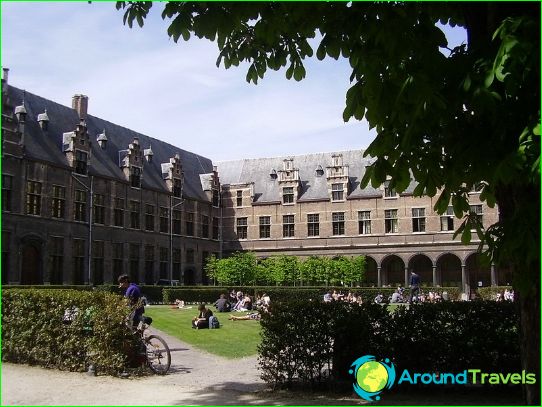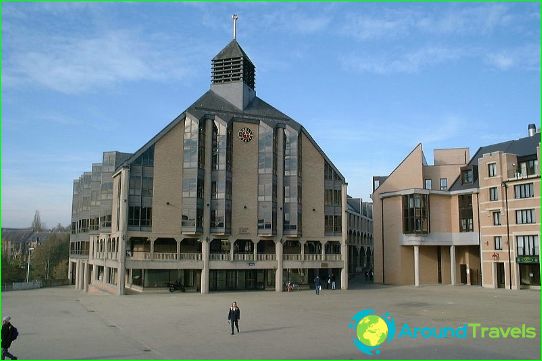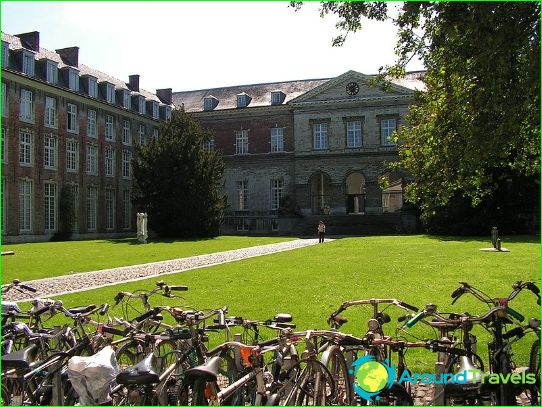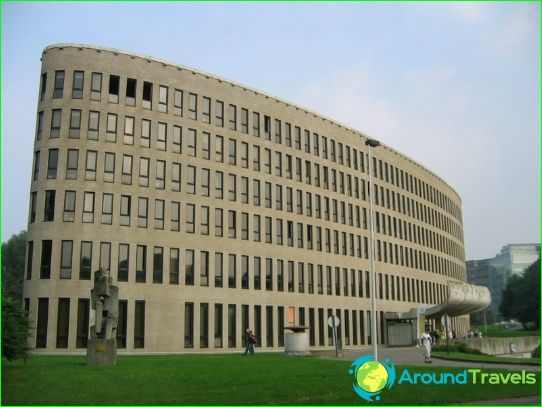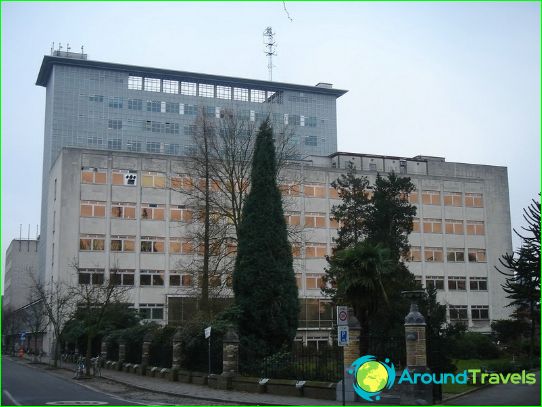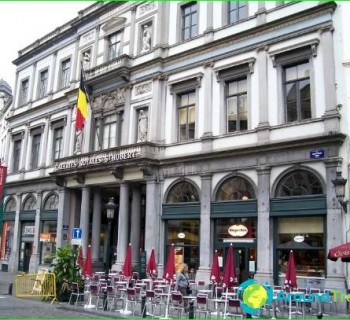Education in Belgium
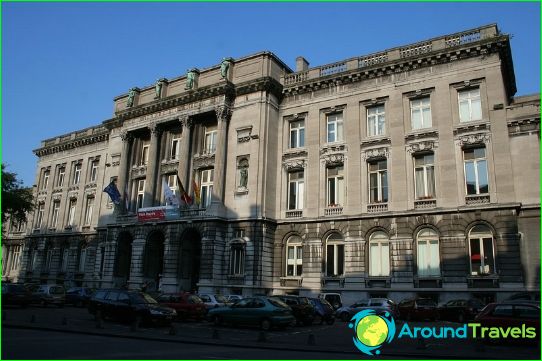
Belgium is not only a storehouse of architectural and historical monuments - it is also a country where the oldest universities are concentrated..
Studying in Belgium has the following advantages:
- Acceptable tuition fees (students are paid social assistance, which allows them to pay 40-60% of the tuition fees);
- The opportunity to go on an internship at the largest international organizations, whose headquarters are located in Belgium;
- Highest quality European education.
Higher education in Belgium
For admission, you do not need to pass exams (with the exception of specialties related to medicine, pharmacology, bioengineering) - you need to provide a diploma of secondary education and fill out the necessary questionnaires.
In addition, future applicants must know not only Dutch, but also English, German, French, Latin - often lectures and educational materials are printed in these languages..
Important: it is quite difficult to study at Belgian universities - as a rule, only 30% of students switch to the 2nd year (universities filter out lazy, unworkable and disinterested students).
You can get higher education in Belgium on a university and non-university basis..
The first stage of training (duration - 2 years) allows you to receive a candidate's diploma (bachelor's), after studying for another 2-3 years, a student can receive a licentiate diploma (master's). And to get a doctor's degree, you need to study for another 1 year and defend a thesis..
Obtaining education on a non-university basis presupposes obtaining a higher professional education. You can study at “short” course, at the end of which the graduate will receive a licentiate diploma or “long’ course (duration of study - 5 years), after completing which, the student will receive an engineering degree.
Distinctive features of training: “short” the course involves obtaining professional skills, and in the process “long” of the course, students will master not only professional, but also academic knowledge.
Language classes
In language courses, you can master English, French, Dutch, Danish, German. Students are trained here to study at universities, and young specialists - to work..
Language courses offer intensive educational, programs combined with tourism and the study of the culture of Belgium, as well as specialized professional programs (for example, for top managers).
Work while studying
During training, students have the right to earn extra money no more than 20 hours a week.
Obtaining a higher education degree in Belgium means getting a pass to prestigious international companies.
